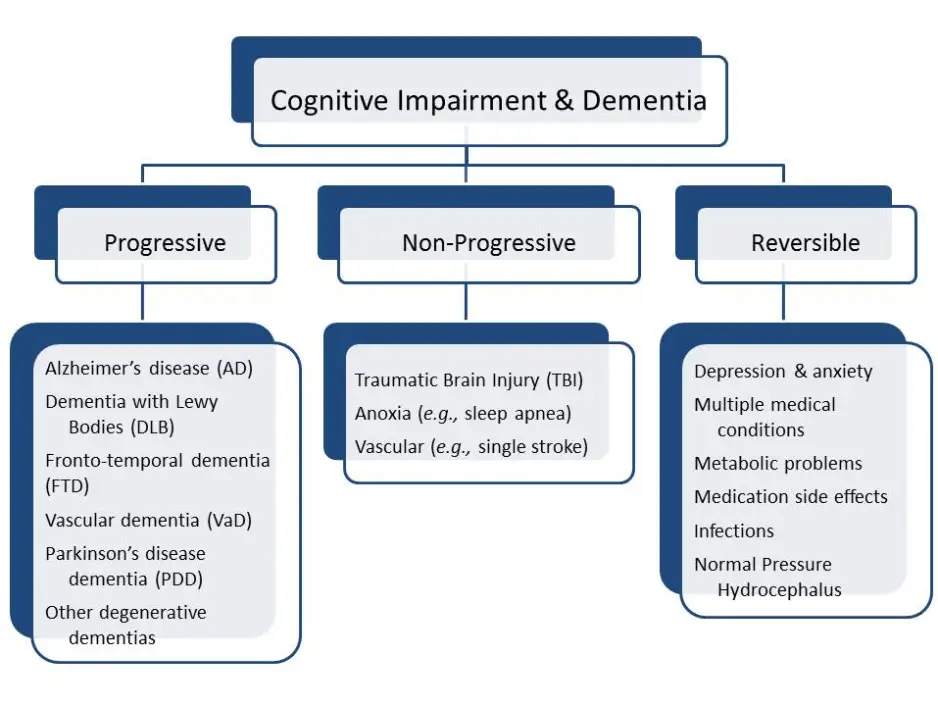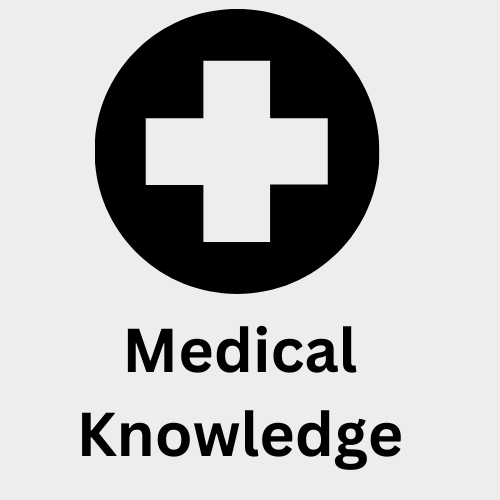Introduction to Cognitive Decline and Dementia
As we age, cognitive abilities naturally change. While occasional forgetfulness is normal, persistent cognitive decline could indicate underlying issues such as dementia. This article explores cognitive decline, its causes, symptoms, and how to manage or prevent it.

Understanding Cognitive Decline
Cognitive decline refers to a gradual decrease in cognitive abilities such as memory, problem-solving, and reasoning. It can be mild (age-related forgetfulness) or severe (linked to dementia or other neurodegenerative diseases).
What is Dementia?
Dementia is not a single disease but a group of cognitive disorders that interfere with daily life. It affects memory, thinking, and behavior, progressing over time. The most common type is Alzheimer’s disease.
Causes of Dementia
Several factors contribute to dementia, including:
- Alzheimer’s Disease – The most common cause, involving amyloid plaques and tau tangles in the brain.
- Vascular Dementia – Caused by reduced blood flow to the brain due to strokes or other vascular conditions.
- Lewy Body Dementia – Linked to abnormal protein deposits affecting cognitive and motor functions.
- Frontotemporal Dementia – Caused by damage to the frontal and temporal lobes of the brain.
- Parkinson’s Disease Dementia – Occurs in later stages of Parkinson’s disease.
Early Signs and Symptoms
Recognizing early signs of dementia is crucial for timely intervention. Common symptoms include:
- Memory loss affecting daily activities
- Difficulty finding words or completing familiar tasks
- Confusion with time and place
- Poor judgment and decision-making
- Personality and mood changes
Diagnosis and Tests
Doctors use several tests to diagnose dementia, including:
- Cognitive and Memory Tests – Assessing problem-solving, memory, and language skills.
- Brain Imaging – MRI and CT scans help detect brain structure abnormalities.
- Blood Tests – Identifying deficiencies or infections affecting cognition.
- Neurological Examinations – Evaluating reflexes, balance, and sensory responses.
Treatment and Management
There is no cure for most types of dementia, but treatments can slow progression and improve quality of life. Options include:
- Medications – Cholinesterase inhibitors (Donepezil, Rivastigmine) help manage symptoms.
- Lifestyle Modifications – Regular exercise, a balanced diet, and mental stimulation.
- Cognitive Therapy – Activities that enhance memory and cognitive function.
- Support Systems – Family, caregivers, and dementia support groups play a crucial role.

Preventing Cognitive Decline
While some risk factors are genetic, adopting a healthy lifestyle can reduce the likelihood of dementia:
- Exercise Regularly – Physical activity improves blood flow to the brain.
- Eat a Brain-Healthy Diet – Mediterranean diet rich in antioxidants supports cognitive function.
- Stay Mentally Active – Puzzles, reading, and learning new skills keep the brain engaged.
- Manage Stress and Sleep – Chronic stress and poor sleep contribute to cognitive decline.
- Avoid Smoking and Excessive Alcohol – These habits damage brain cells over time.
Conclusion
Cognitive decline and dementia are growing concerns as life expectancy increases. Early detection, lifestyle modifications, and proper management can significantly improve the quality of life for individuals affected by these conditions. Prioritizing brain health today can prevent cognitive impairment in the future.

